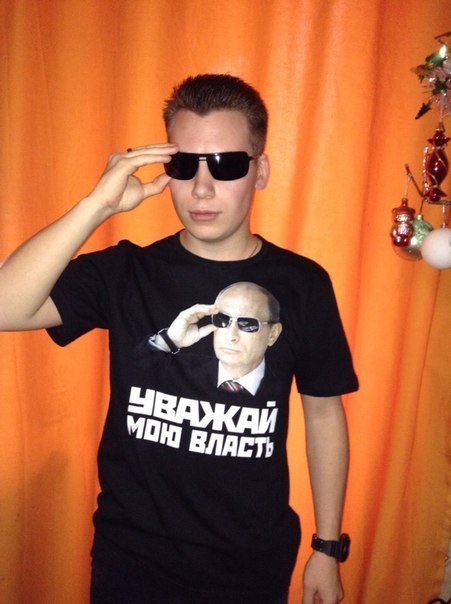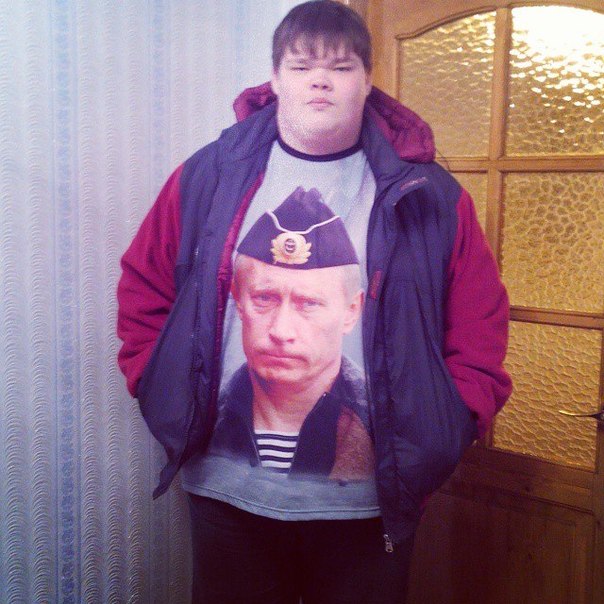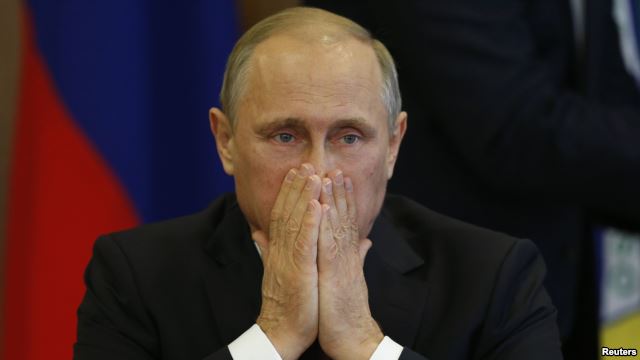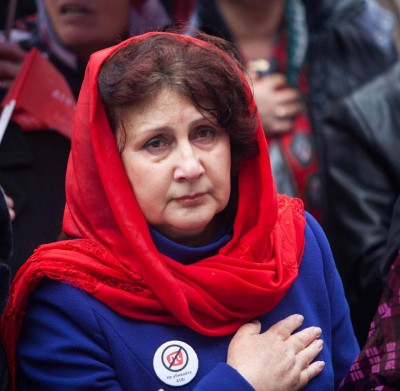Many assume that Russians who turn to the Internet will form very different opinions about Vladimir Putin than do those who rely on state television because web surfers have access to so many independent news sites. But that assumption is at a minimum overstated and perhaps increasingly fundamentally wrong.
A new survey of students at a university in the Altai found that 90 percent approve of Vladimir Putin even though almost all of them use the Internet, a reflection of the fact, the authors of the study say, that most turn for news and information not to independent or foreign news sites but rather to social media where Russian government trolls are the most active.
Fewer than one in five – some 17 percent – actually went to independent news sites, even though only five percent said they trusted television news. Instead, these Internet-savvy Russian students counted on picking up their news and views from social networks like VKontakte and Facebook.
And that pattern shows, Pavel Pryannikov
of the Tolkovatel portal says in a commentary today, that “propaganda in the Internet has shown its effectiveness,” albeit in channels many sometimes dismiss as unimportant as far as the manipulation of public opinion is concerned.
The work of two sociologists, Ekaterina Degaltseva and Ekaterina Razgonyayeva, at the Biisk Technology Institute confirm this, he continues, pointing to their research which was published in a recent issue of “Vlast.”
The authors note that about 50 percent of Russians go online, with the highest share being among young people between 18 and 24. Indeed, they say, that generation “views the Internet as the main channel of political communication,” a conclusion they reached on the basis of a survey of 93 young people in Biisk.
Eighty-seven percent of those questioned said they followed political news in the Internet every day or several times a week. A third indicated that they were devoting more time to such searches given the events in Ukraine, but “26 percent of those queried said that information from the Internet had not had an impact on their view of events in Ukraine.”
The “overwhelming majority,” the two scholars said, indicated that they picked up their political information not from news sites which few of them said they searched out but rather from social networks like VKontakte, Mail
, Facebook and the like to which they went routinely for a variety of purposes.
The views of these Internet users were not markedly different than those who rely on television alone, the scholars said. “More than 90 percent of those questioned positively assessed the activity of the Russian President and in general of Russian government agencies.” Only one said that she didn’t pay attention to news because “an information war” is going on.
One thing that struck the researchers, Pryannikov says, is that Russians who got their views from the Internet and especially from social networks were much more emotional in expressing them than analytic or fact-based, a pattern that suggests the Internet is reinforcing rather than undermining the message of Russian television.
The Russian government has recognized this and directed its resources to having an impact on social networks, the two researchers conclude, and they say that “the Internet as the most important (and for the majority of young people, the only) channel of political communication allows for greater influence on the audience” than even television has.









